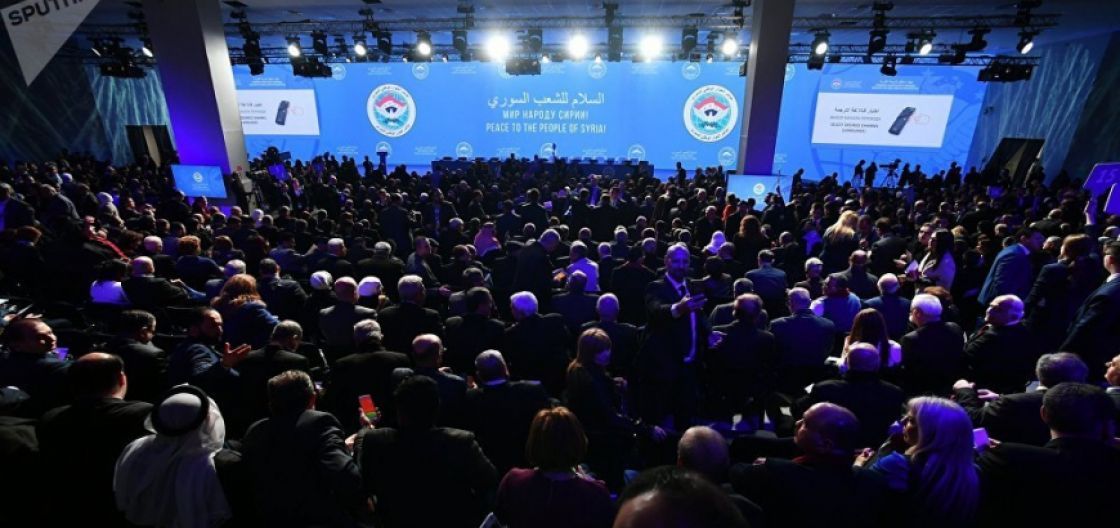- Editorials
- Posted
Consensus and Constitutional Reform
The political developments in the Syrian crisis; the overall reactions and effects that followed during the seven years; and the internal, regional and international balances of forces, have destined the political solution to the Syrian crisis to be necessarily a consensual solution.
The recognition of this solution means that no party can resolve the situation militarily. This is admitted by all parties, especially after resolution 2254 was adopted as a road map for the solution, that is, the consensus here is the condition for reaching a solution and one of its objective grounds, and that the requirements of consensus are acceptance of mutual concessions and absence of preconditions.
The idea of consensus – which has been the spirit, substance and pillar of all premises and frameworks of the political process, since the Geneva 1 communiqué, and through the eight Geneva rounds, Astana process, and Sochi Syrian National Dialogue Congress – should be the core principal of the work of the Constitutional Reform Committee, the formation of which has just begun, especially that the work of this Committee, as is well known, is part of the overall context of the political process.
The experience of the crisis years; the catastrophic consequences that it has left behind; the necessities of reconstruction; the ultimate eradication of terrorism; the departure of foreign forces; the dangers posed by the tension in the international situation; the intensification of international conflicts and divisions; the attempts of the forces of war and aggression to regain their positions; and the direct and indirect effects of all the factors mentioned above, on various parts of the world, including our country, makes it incumbent upon all Syrian patriots to seek the restoration of national unity through consensus, not only on the national general commonalities, but also on the provision of their tools and determining the means of reaching them through the expansion of political liberties, and neutralizing the political role of money, religion, and security apparatus.
In other words, all international, regional and internal situations require reaching national consensus through agreement, in order to restore the Syrians' decision and sovereignty. Agreement is now a necessary indispensable condition to reach the desired consensus. Otherwise, seeking and insisting on a consensus without securing the suitable atmosphere for agreement, might be a reason for delaying the solution, or even obstructing it, even though the new international balance of forces brakes the foreign hostile interference in its direct traditional forms; limits its influence; and provides the Syrians with the golden opportunity to agree among themselves on a new political structure which firstly and ultimately, in words and deeds, empowers the Syrian people to make decision.
The Syrian crisis coincided with a transitional phase in the development of the international situation. One of the most prominent features of this phase was the rise of the role of Syria's allies on a daily basis, and the rapidly decline and floundering of its adversary, thus providing the proper atmosphere and possibility for the Syrian people to regain their decision, despite the will of the hostile forces within the decision-making circles of the West, and their followers in the regional countries. Therefore, Syria can be compensated for part of the major losses it suffered from because of other countries, and not to waste more time, and accelerate the provision of the subjective factor through the agreement of the Syrians among themselves and starting the political solution.
Kassioun Editorial, Issue No 865, June 4, 2018


